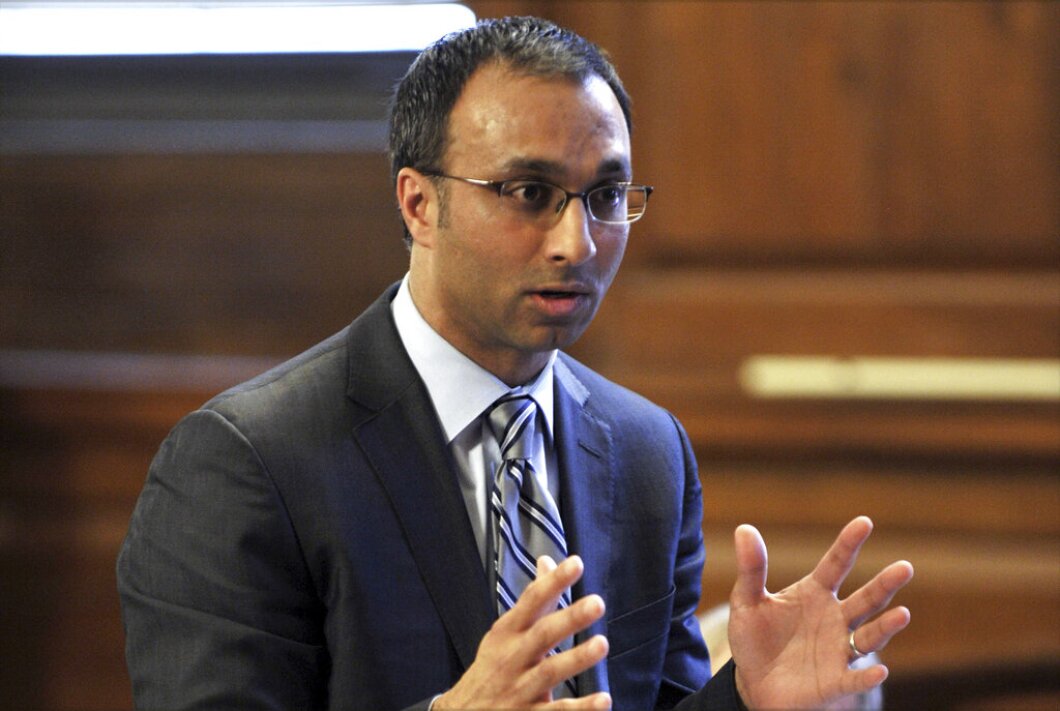
One judge may determine whether or not Google will be ruled a monopoly and face consequences for its alleged domination of the internet search sector.
Judge Amit Mehta oversees the Department of Justice’s antitrust case against Google, which will focus on the government’s allegations that Google has unfairly restricted competition by cutting deals to have its search engine set as the default on other companies’ mobile devices and browsers. The Obama-appointed judge has served over nine years in the District Court for the District of Columbia. Now, his decisions may be integral to what happens to the world’s largest search engine.
ANTITRUST CASE OF THE CENTURY: WHAT TO EXPECT AS JUSTICE DEPARTMENT V. GOOGLE CASE BEGINS

Google and the DOJ’s trial will be overseen by Mehta starting on Tuesday and will extend for nine weeks. The case will focus on agreements signed between Google and web browser developers and mobile phone makers to make Google the default option. The department alleges that this practice is coming at the cost of other companies’ ability to compete.
The district judge narrowed the case in an August ruling to focus on the contracts rather than general seemingly monopolistic practices.
“A dominant firm like Google does not violate the law, however, merely because it occupies a monopoly market position,” Mehta wrote. “It must act in a manner that produces anticompetitive effects in the defined markets. That is, a company with monopoly power acts unlawfully only when its conduct stifles competition.”
Mehta was appointed to the court on December 22, 2014. Originally born in India, he received his B.A. in political science and economics from Georgetown University in 1993 and his J.D. from the University of Virginia School of Law in 1997. After graduating, he clerked for Ninth Circuit Judge Susan Graber before being hired by the legal firm Zuckerman Spaeder, where he served from 1999 to 2002. Mehta served as a public defender in D.C. from 2002 until 2007. He returned to his former firm, Zuckerman Spaeder, in 2007, focusing on white-collar crime and business disputes until his appointment.
The district judge has not spent much time on technology policy or antitrust, making it difficult to predict how he may rule in the DOJ v. Google case. The most relevant case was when he blocked a $3.5 billion Sysco deal for US Foods in 2015 on antitrust grounds after regulators opposed the deal, leading to both companies ending the deal.
CLICK HERE TO READ MORE FROM THE WASHINGTON EXAMINER
Mehta is also well-known for allowing Congress access to former President Donald Trump’s court records in 2019.
He is also overseeing former Trump White House adviser Peter Navarro’s trial, in which a federal jury found Navarro guilty of ignoring calls from the House Jan. 6 committee to produce documents and testimony.





